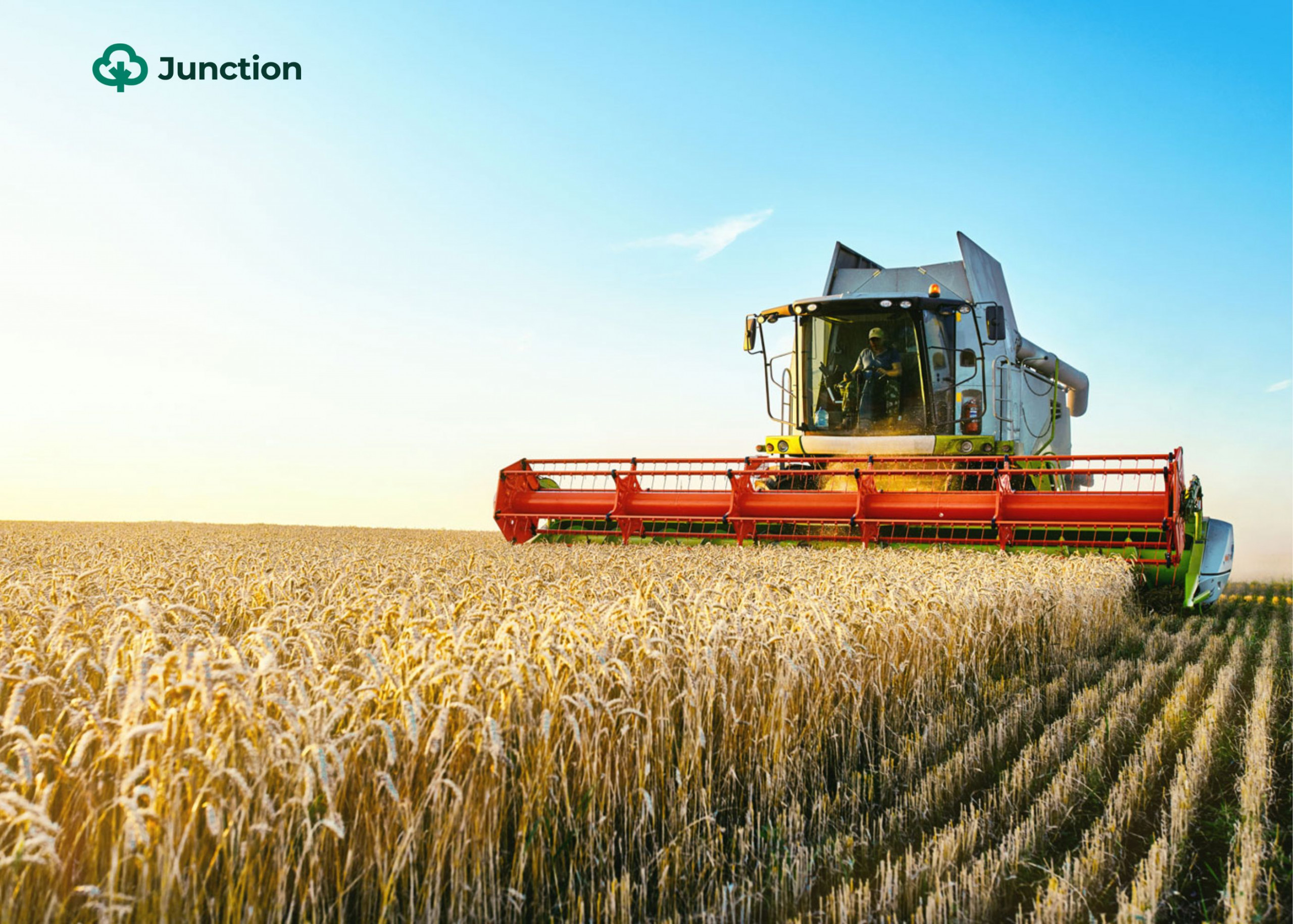News in brief:
– The UK farming income rose by 26.4% in 2024 to £7.7 billion, driven by lower input costs and gains in livestock output.
– Stabilising input costs, promoting livestock alongside crops, and ensuring consistent agricultural policy can boost smallholder farmers’ income.
The United Kingdom’s agricultural sector recorded a strong rebound in 2024, with Total Income from Farming (TIFF) reaching £7.7 billion—a 26.4% rise from the previous year, according to the UK’s Department for Environment, Food and Rural Affairs (DEFRA).
This £1.6 billion increase reflects a rare blend of falling input costs and selective output gains. A £1.2 billion drop in intermediate consumption—particularly a 26.3% fall in fertiliser costs—was paired with a £0.4 billion increase in output, mostly from livestock. Eggs (+35.2%), beef (+9.3%), and milk (+5.5%) were among the top performers, lifting total livestock output to £20.1 billion (+5.6%).
However, total crop output fell by £0.6 billion (-5.3%) to £11.7 billion, driven by falling global grain prices and extreme weather, which hampered yields of wheat (-26.9%), barley (-14.1%), and oilseed rape (-30.8%).
Responding to the data, National Farmers’ Union (NFU) president Tom Bradshaw welcomed the overall improvement but warned that the gains are fragile.
“Farmers are resilient and adaptable, but they cannot shoulder all the risk on their own,” he said, calling for consistent policy support, market stability, and a £5.6 billion agriculture budget.
Lessons for Developing Economies Like Nigeria
For countries such as Nigeria, the UK’s experience highlights three key takeaways:
-
Stabilise Input Costs: Investment in local fertiliser production and smart subsidies can shield smallholders from global price shocks.
-
Diversify Income Streams: Promoting livestock alongside crops can protect farmers from climate or market-driven losses in one sub-sector.
-
Policy Certainty Attracts Investment: A clearly defined, long-term agriculture budget—similar to the NFU’s proposal—can help farmers plan, invest, and scale operations sustainably.
By adopting similar strategies, Nigerian policymakers can improve smallholder farmers’ resilience, reduce volatility, and grow rural incomes through targeted investments and structural reforms.



